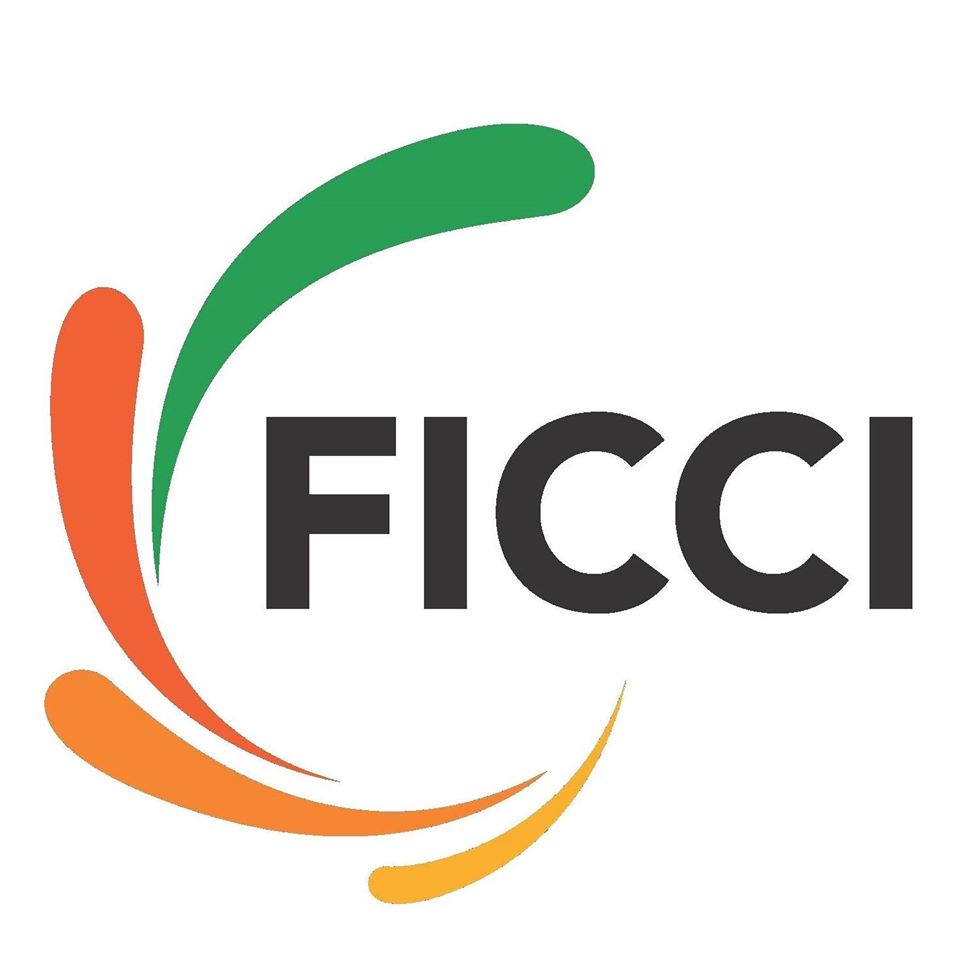State governments geared up to tackle vision care during pandemic: Experts
New Delhi: Dr Utpal Jani, Technical Advisor, State NPCB & VI Program, Govt of Gujarat yesterday said that the goal of the National Programme for Control of Blindness and Visual Impairment (NPCB&VI) is to reduce the prevalence rate of needless and avoidable blindness by providing uniform, comprehensive eye care services.
Addressing the session on ‘Central and West conclave of the Spotlight on Visually Impaired in the wake of COVID-19’, organized by FICCI, experts from the field highlighted the challenges faced by patients with eye disorders, due to COVID-19, the various proactive steps taken by respective state governments and the way ahead.
Dr Jani said that post-COVID-19, developing Tele-Ophthalmology based eye care services to enhance healthcare access, quality and patient satisfaction has been their topmost objective. “We want to strengthen the teleophthalmology network in our state,” he said.
He further added that post-lockdown, phase-wise eye care services have resumed at all levels of eye care services. He added that they aim to reduce the prevalence rate of blindness up to 0.3 per cent along with the elimination of cataract backlog from the state of Gujarat by maintaining current CSR. “We also aim at increasing coverage of service delivery for diabetic retinopathy, glaucoma, childhood blindness, and corneal blindness up to 20 per cent in the next three years,” he further added.
Dr Hemant Sinha, Joint Director (Eye) and SPO (NPCB), Govt of Madhya Pradesh said, “While cornea donations were stopped during the pandemic, we asked our fellows and ophthalmic assistants to district wise line list Corneal Opacity. We then listed all Eye Surgeons in the public sector for the training of Keratoplasty.”
“We have designed an app for spectacles distribution and have ensured availability of and distributed Streak Retinoscope Auto Refractometers,” he said. Also, two districts- Indore and Balaghat have been selected for Eye OT construction.
“For the Eye Care road ahead in Madhya Pradesh, we will go ahead with corneoplasty under the Hospital Corneal Retrieval Program (HCRP); spectacles distribution through app; strengthening of the Indore and Balaghat unit; and screening of glaucoma in the community and diabetic Retinopathy Screening & Treatment involving the public sector, NGOs and other partners,” Dr Sinha further added.
Dr Kim, Director-IT, AECS, Chief Medical Officer, Aravind Eye Hospital said that one of the important things to have happened during the COVID pandemic was the introduction of the Telemedicine Practice Guidelines that were issued on 25 March.
“We came up with quick-fix video conferencing solutions to create a platform where patients could get access to the doctors directly by using smartphones,” Dr Kim added.
The event was attended by various other experts- Dr Manish Joshi, Senior Consultant-Opthalmologist, Apollo Hospitals, Gandhinagar, Gujarat; Mr Chanakya Misra, Business Head, Novartis India Ltd; Dr Prashant Bawankule, Managing Director, Sarakshi Netralaya; Dr Nishikant Borse, Director – Insight Eye Clinic, Mumbai; Dr Indu Pandey, Ophthalmologist, Dept of Ophthalmology, Western Railway Hospital Mumbai; Brig Dr Poninder Kumar, Professor and Head Ophthalmology, AFMC Pune; Dr S Natarajan, Chairman & Managing Director, Aditya Jyot Eye Hospital Pvt Ltd; Dr Mayuri Khamar, Consultant Glaucoma Specialist, Occura Eye hospital; Dr Niteen Dedhia, Medical Director – Ojas Eye Hospital, Mumbai; Dr Saroj Sahdev, Professor & Head, Dept of Ophthalmology, TNMC & BYL Nair Charitable Hospital Mumbai; Dr Memuna Bahadur, Senior Consultant (Department of Ophthalmology)-Central Railway Hospital Mumbai; Dr C M Wavikar, Founder & Medical Director, Wavikar Eye Institute; Dr Anand Saxena, Director, Shri Aurobindo Netralaya; Dr Mahendra D Chauhan, Keshvi Eye Hospital; Dr Chandrakant Gaonkar, Director – My Eye Institute; Dr Prateep Vyas, Medical Director, Centre for Sight, Indore; Ms Saigeeta Bhargava, Director of Actuarial Services, PwC India

